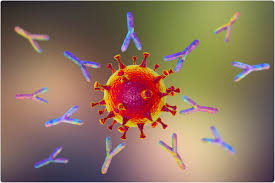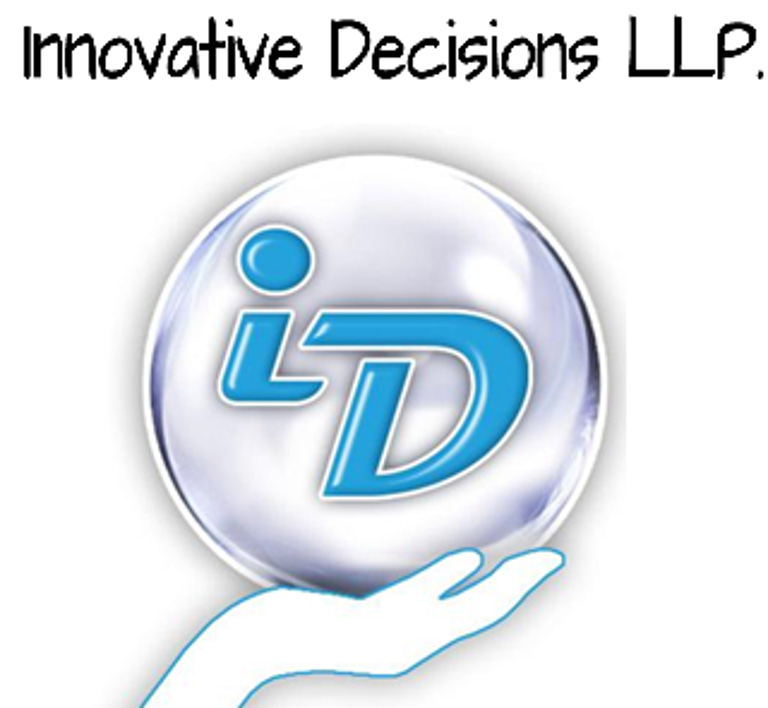The Future of Drug Development is in Quantitative Models of Human Pathophysiology
Are you ready for the changes?
Innovative Decisions
5/3/20252 min read


The future has been knocking on the doors of pharmaceutical and biotechnology companies for many years already. Pharmacy graduates have gone from focusing on drug development at the bench to modeling scientific data on computer terminals, doing QSP and PBPK. The FDA and other global regulatory agencies are just now catching up with the technological advances of the last three decades.
What is QSP (Quantitative Systems Pharmacology) and PBPK (Physiology-Based Pharmacokinetics)? QSP is the use of computational models to simulate the dynamic interactions between drugs and human pathophysiology, to better understand the biochemical and cellular level reactions that underlie the mechanism of action and efficacy of a drug. PBPK is the computational modeling technique used to predict the absorption, distribution, metabolism, and excretion (ADME) of drugs in the human body, using mathematical representations of human physiological systems.
These fields of pharmaceutical data science have grown in importance as the standards of clinical trial safety and expectations of efficacy have increased. Statistical analyses have found that over 90% of drug candidates that make it to the different phases of clinical trials ultimately fail to make it to the market. The primary reason for such a high failure rate is attributed to the discrepancies between outcomes observed in animal studies and those seen in humans. These discrepancies come in two flavors: lack of efficacy (i.e. failing to attain the desired therapeutic effects) and unanticipated toxicity, in humans compared to animal models.
Recognizing the limitations of animal models, the FDA Modernization Act 2.0, enacted in December 2022, permits the use of alternative methods of drug validation such as organ-on-a-chip technologies, 3D tissue models, and AI-ML based simulations for preclinical testing. These innovative approaches aim to enhance the relevance and accuracy of preclinical studies, potentially reducing the high failure rates observed in clinical trials, while also cutting costs of expensive animal studies. These measures are expected to translate to less expensive medications for consumers while also accelerating the drug development process. Aligned with these commitments for improving drug development, the FDA released plans in April 2025 to phase out the use of animal testing in preclinical safety studies for a class of drugs called monoclonal antibody.
Monoclonal antibodies (mAbs) are widely used for treating cancers, autoimmune diseases, infectious diseases, and more. Some of the most common brands of mAbs on the market include Keytruda, Humira, Dupixent, and Repatha. The FDA elected to initiate this transition towards New Approach Methodologies (NAMs) to replace and/or reduce animal testing with mAbs due to our vast knowledge and experience with mAbs. Scientists have clinically validated targets with approved mAb therapies on the market – they understand the effects of such mAbs on the target as well as the characteristics of the mAbs, in terms of potency, selectivity, and toxicity (safety). Based on the repository of knowledge from well characterized and understood mAbs, newly developed mAb therapies will also be well understood by comparing structure, activity, and potency. The wealth of knowledge along with the utilization of NAMs will allow the number and duration of animal studies required for proof of concept to be scaled back.
This will undoubtedly bring about regulatory changes down the line. To support this shift in philosophy from animal-centric to human-centric drug development, the FDA plans to embrace the use of NAMs by integrating NAM into IND/BLA packages; building an expanded, integrated database to support the predictive power of modeling; training regulatory reviewers to evaluate next-generation evidence; and spearheading global endorsement efforts. The ultimate vision is to make NAMs the default and animal studies the exception. So, get ready to start coding fellow drug developers!
Links to appropriate FDA Documents:


